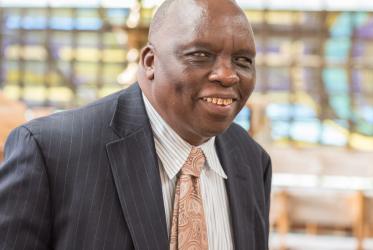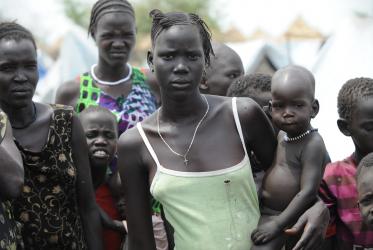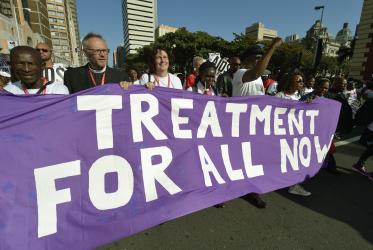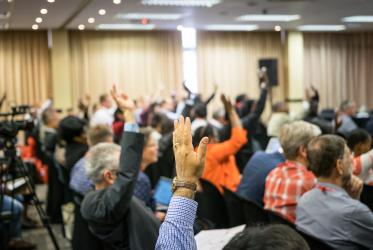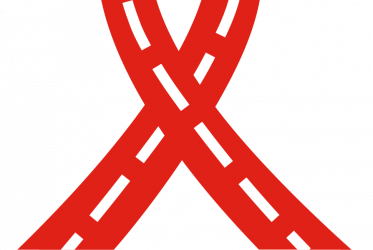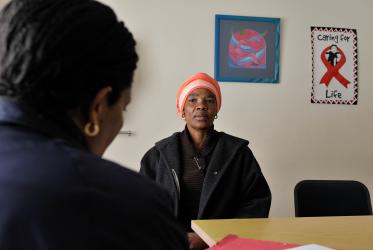Displaying 41 - 60 of 70
G7 must address famine
22 May 2017
Youth engagement fundamental to HIV response
18 April 2017
“It’s time to be brave, to form diverse partnerships”
02 March 2017
“Health and healing for all people, that is the challenge”
28 February 2017
Sam Kabue: from the village to the world with eyes wide open
27 October 2016
Humanitarian Partnership Conference focuses on inclusive practices
27 September 2016
AIDS 2016: Coverage of faith response to HIV
22 July 2016
Children are being let down over HIV care
17 July 2016
AIDS 2016: “Stigma kills more people than HIV”
17 July 2016
Local work by faith-based groups key to ending AIDS
27 June 2016







